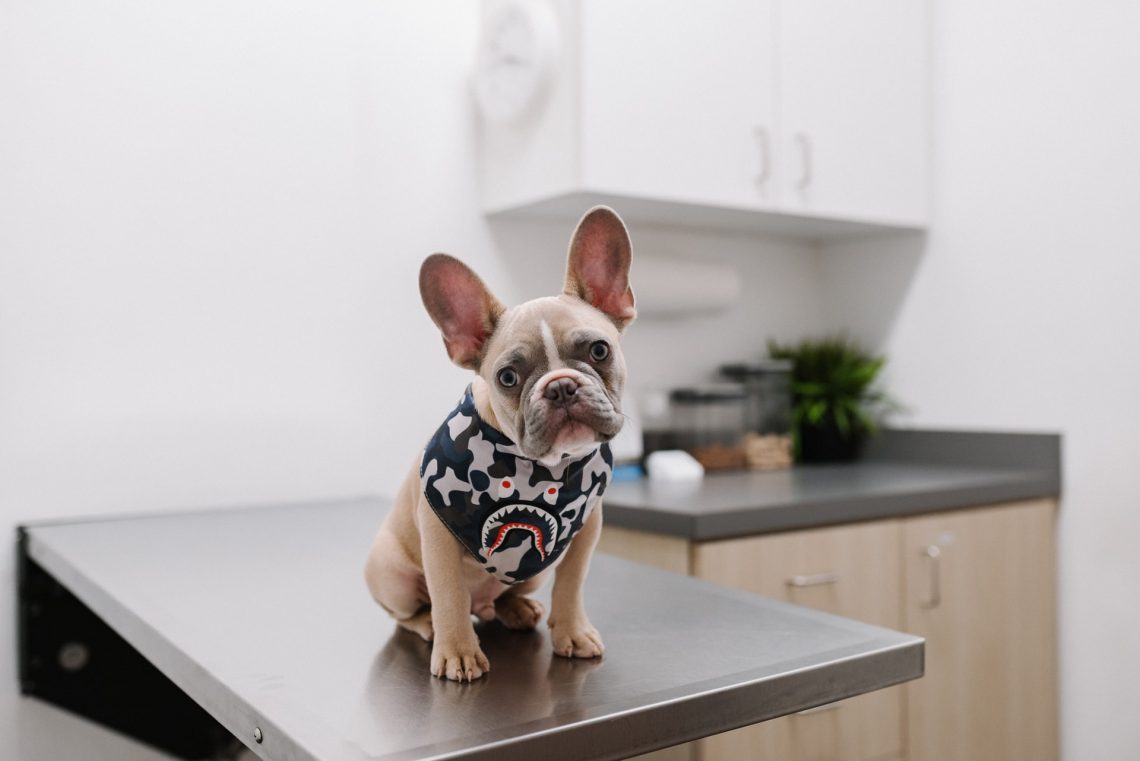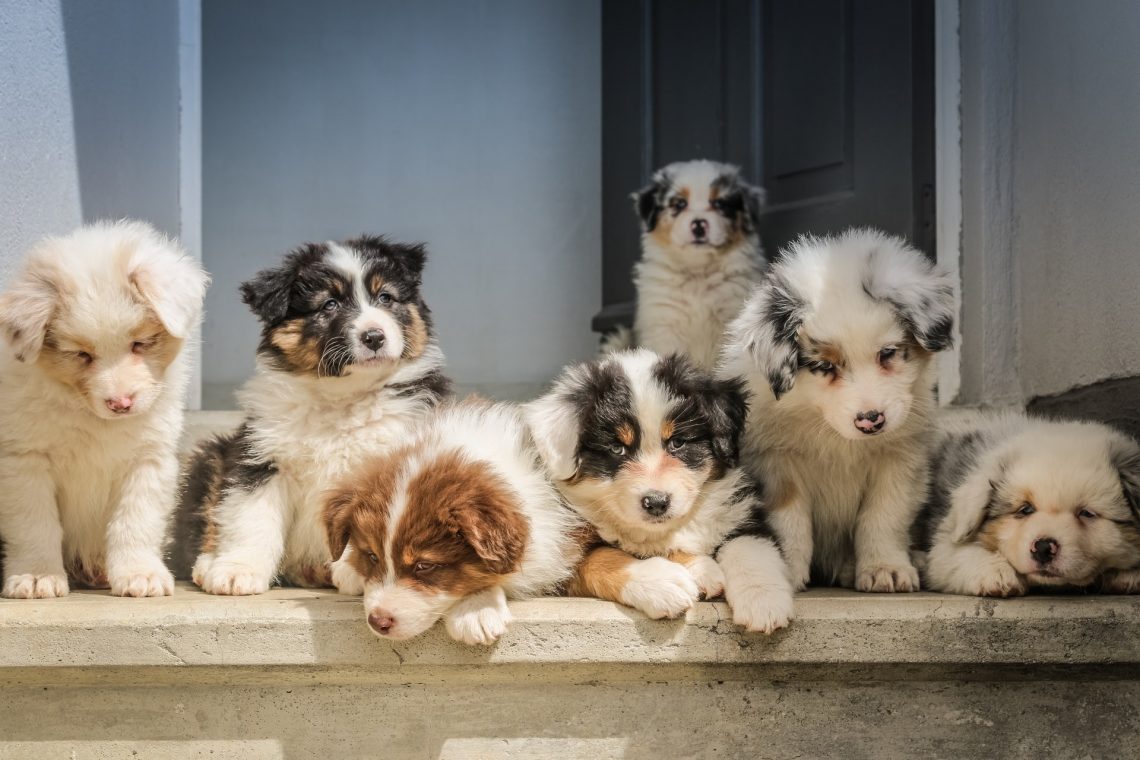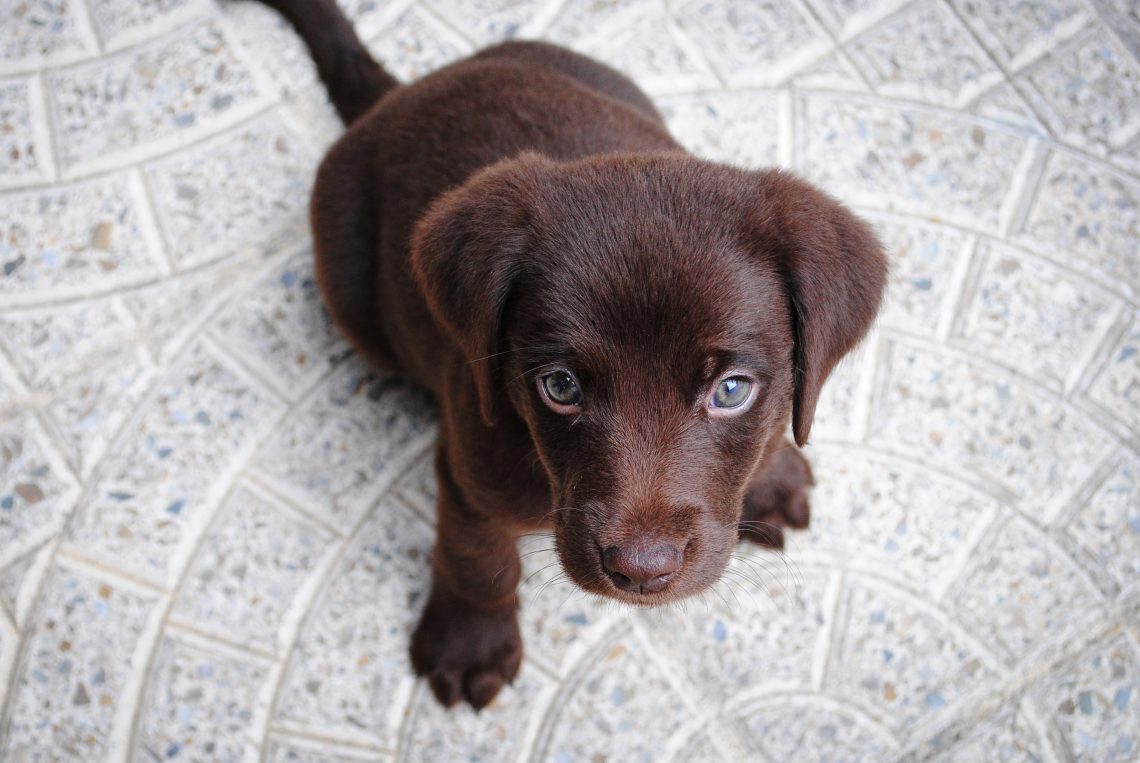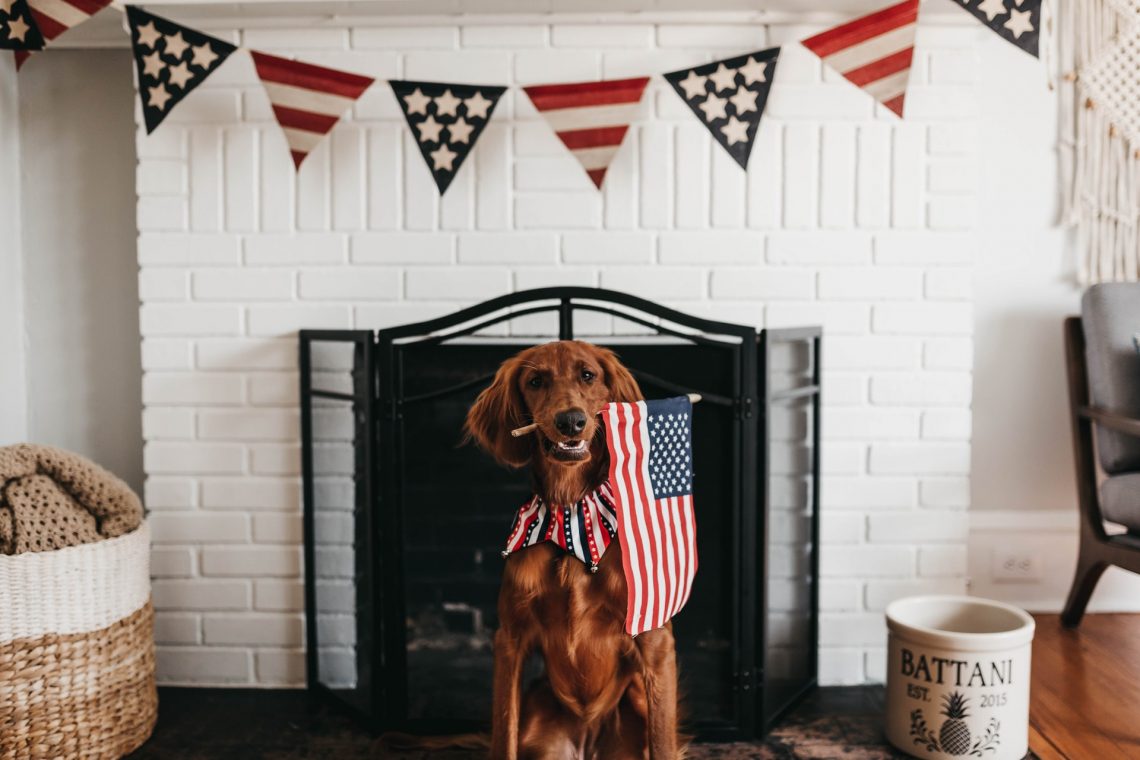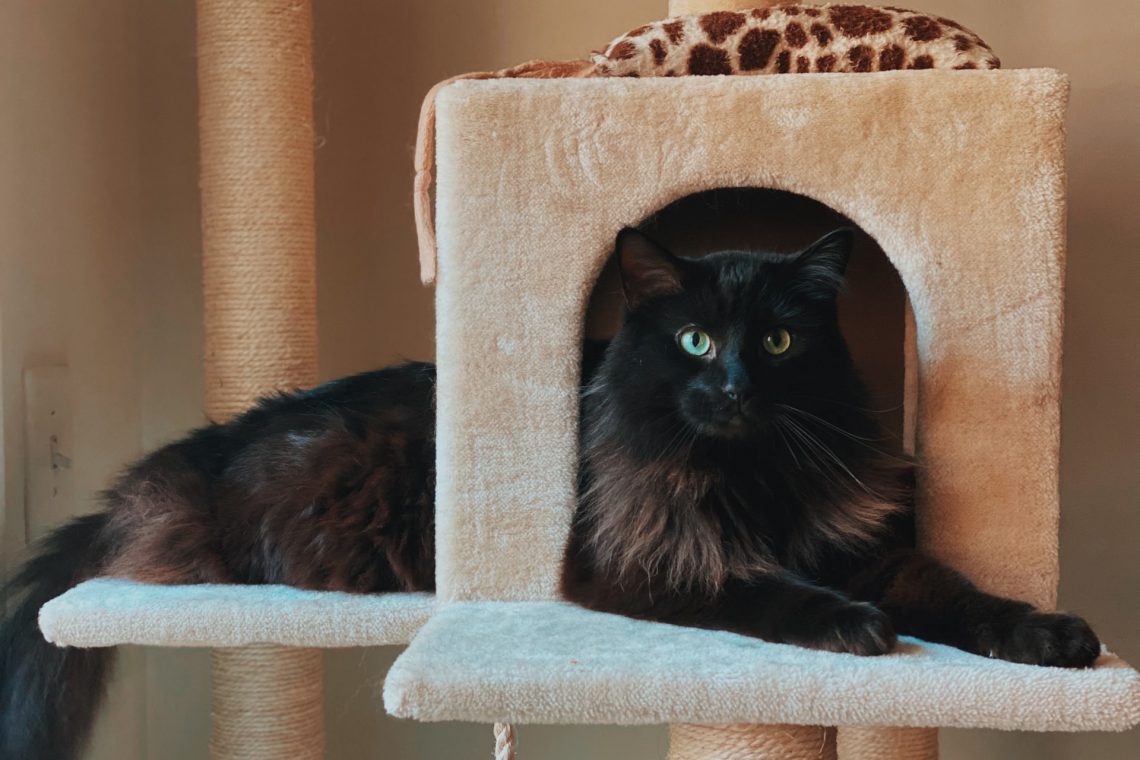-
Why does your puppy need vaccines?
Doctors have a way to protect pets from diseases: vaccines. Here’s why your puppy should get them. What is a vaccine? The history of vaccines starts with an epidemic of smallpox, which killed millions of people. In 1796, a physician named Edward Jenner noticed that the milk maids, who were routinely exposed to cowpox, did not get sick with small-pox. He wondered whether their exposure to cowpox protected them, and the idea of vaccination was born. A vaccine exposes the immune system to inactive or incomplete disease-causing agents to train the immune system to quickly and effectively respond when exposed to the real thing. Why do we vaccinate puppies? Since…
-
PUPPY MILESTONES: What to expect when you’re adopting
Congratulations on your new puppy! As you watch your playful little new furfriend grow, you may have some questions. When does the pup start learning? When do its permanent teeth come in? When is your pup considered an adult? Read below to find answers to some of these common questions. Five puppy milestones Whelp: A newborn puppy that lacks the ability to see, hear, or regulate body temperature. Neonate (0-13 days): The pup cannot see, hear, regulate body temperature, or eliminate without stimulation from its mom. Transition period (13-21 days): The pup’s eyes and ears gradually open, and it begins to hear and respond to taste and smell. Awareness period…
-
New Puppy 101
The early days with your new little family member are important. Here are some tips on how to get it right! What’s the right age? 7-12 weeks is the best age for a puppy to be adopted. At less than 7 weeks of age, pups should be with their moms and littermates to help with canine socialization. How do I introduce my puppy to the family? It’s tempting to smother a new pup with love and invite friends and family to do the same. However, you can overwhelm a pup with all that affection and cause anxiety. It’s best to let a pup settle in first before meeting all those…
-
Fourth of July safety tips
Lounging in the backyard on the Fourth of July with good friends and family, and your furbabies, is the ideal for this holiday. While it may seem like a great idea to reward your pets with scraps from the grill and bring them along to watch fireworks, in reality some festive foods and activities can be potentially hazardous to them. Here are some tips on how to keep your furbabies safe on this holiday. Keep your pets on their normal diet. Any change, even for one meal, can give your pet severe indigestion and diarrhea. This is particularly true for older animals who have more delicate digestive systems and nutritional requirements. And keep…
-
Scratch that!
Cats have a natural instinct to scratch. Through scratching, they loosen and remove the outer husks of the nails as they grow. Scratching is also a form of exercise and communication for cats. While scratching, cats deposit their scent, from glands present on the paws, and the discarded nail husks, signaling to other cats the extent of their territory. Our indoor cats also use scratching as a precursor to play or to get attention, especially if they’ve been positively reinforced. Many cats will often scratch vigorously in the presence of their owners or other cats as a sign of territorial confidence. With all that scratching, you may worry about your…

